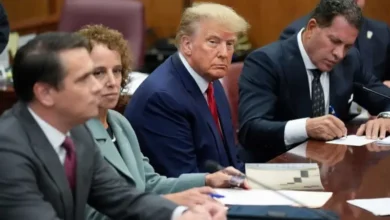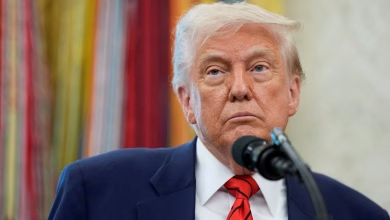Israel’s Supreme Court historic showdown: Battle over bench powers

Israel’s Supreme Court is set on Tuesday to hear arguments against a bid by Prime Minister Benjamin Netanyahu’s coalition to curb bench powers, in a historic session that has already inflamed a crisis which has gripped the country for months.
The court’s entire 15-judge bench will convene for the first time in Israeli history, to hear appeals by opposition lawmakers and watchdog groups against a judicial amendment that was passed by Netanyahu’s national-religious coalition in July.
The legislation removed one, but not all, of the tools the Supreme Court had for voiding government and ministers’ decisions if it deemed them “unreasonable”.
A ruling could come within weeks or even months.
The appellants say the amendment removes vital democratic checks and balances, opens the door to corruption and invites abuses of power. They also argue that the swift legislation process was flawed.
In its legal response to the petitions, the government has said the Supreme Court has no authority to even review amendments to a quasi-constitutional Basic Law, and said the debate could “lead to anarchy”.
Netanyahu, who is on trial for corruption charges he denies, says the judicial changes are meant to balance a Supreme Court that has become too interventionist. He has been hazy when asked whether he would abide by a ruling that would quash the new law.
His coalition started its judicial campaign in January, triggering unprecedented protests, spooking investors and sending the shekel down as Western allies voiced concern for the health of Israel’s democracy.
Netanyahu has since said some of the proposals have been scrapped.
Efforts to reach agreements between Netanyahu and opponents on the overhaul have so far been fruitless, adding to fears that Israel’s worst domestic crisis in years will deepen with the court asked to strike down legislation by politicians who already accuse it of intervening where it shouldn’t.
However, with two more appeals scheduled this month, a court ruling could come as late as January, leaving time for the sides to agree on reforms. Such an outcome would grant a reprieve after months of protests and signal stability to the markets.










